
There were no spectators at Sport Climbing's long-awaited delayed Olympic debut, but the world was watching. Finally, after years of anticipation, 20 men from 15 countries took to the outdoor climbing walls in Aomi Urban Sports Park, Tokyo and officially became our first ever Olympians.
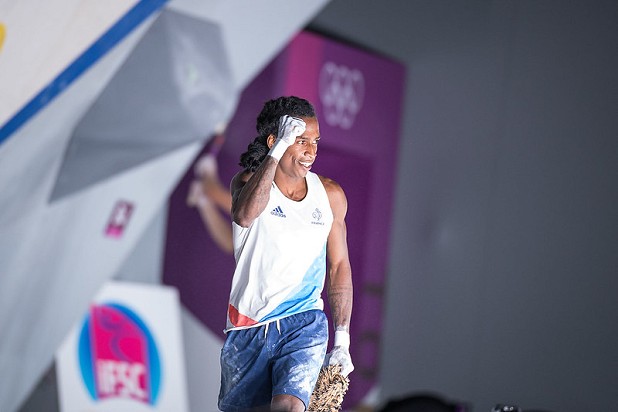
Empty stands and a muted crowd - no cheering, only clapping - made for a surreal atmosphere. At times, it came across as disinterest. Occasionally, a performance would prompt a stray cheer; raw emotion trumping the stifling new normal of pandemic restraint.
Temperatures soared to 33 degrees Celsius, resulting in the hottest day of the year so far in Tokyo. Humidity reached 80%. Climbers were red-faced and shiny-skinned throughout.
When I arrived at the venue, I spoke to an IFSC representative who confirmed the 'nervous-but-excited' sensation that seemed to be gripping the venue media centre. "We're excited and a little nervous, but we've been preparing here for weeks," he said. He praised the benefits of working with the Olympic Broadcast Service, noting that it brought new broadcast opportunities for showcasing climbing, such as slow-mo, 3D footage, graphics and innovative camera angles.
The event certainly felt like a big deal and there was a hum of nervous anticipation in the air as commentators rehearsed their lines behind me. This is the moment that Sport Climbing has been waiting for.
And what a moment it was. The longest lenses, the biggest cameras and the largest audience ever focusing on our niche and nascent Olympic sport.
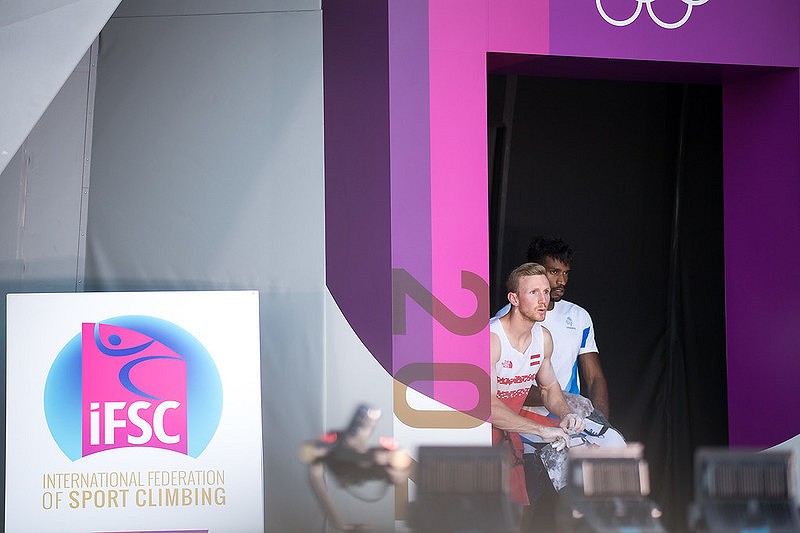
Ultimately, the challenging conditions resulted in a few surprises, making for a suspenseful show until the end of the Lead round.
A shower of PBs were clocked right from the off in the Speed round, with climbers occasionally breaking their PB twice in succession. Keeping track was tricky, but there were more than 10 new PBs overall — a sign that Speed training has paid off, and that surely the gravity of the Games was somehow forcing them to push harder in competition.
Bassa Mawem dominated the Speed round as expected, although Rishat Khaibullin (KAZ) had clocked the fastest PB in a World Cup round in Villars (5.53 secs) and was a new favourite for the top spot. A counter-performance by Khaibullin and Bassa's confident fluidity secured Mawem the all-important number '1' beside his name heading into Boulder and the achievement of a first Olympic Speed record of 5.45 seconds in his pocket.
The Mawem brothers became the storyline of the event by the conclusion of the Boulder round. Mickael Mawem was coincidentally celebrating his 31st birthday, and the climbs were seemingly his gift: he seized three Tops from four exceptionally difficult boulders and all four Zones. With a 3rd in Speed and a 1st in Boulder, he was odds on for the final.
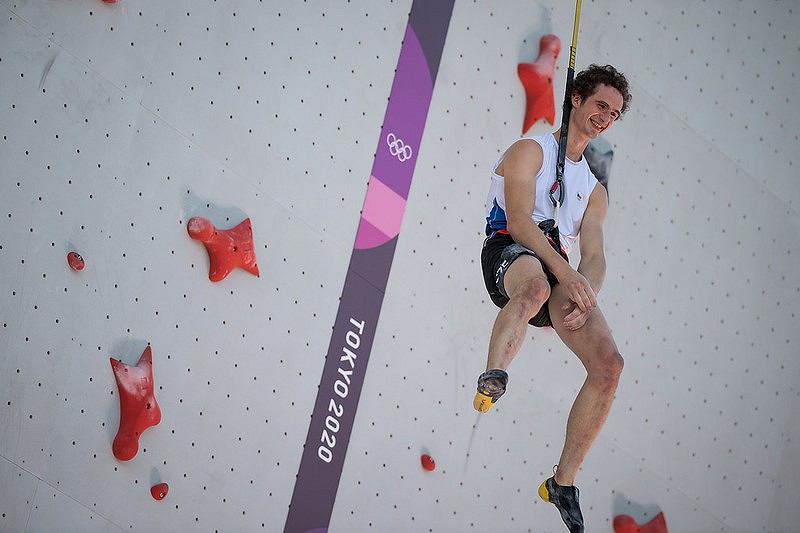
Ondra and Schubert looked hot and bothered throughout the round, struggling with the heat and humidity. Salvation came in the form of B4, a boulder with an invert-start and a jamming crack, apparently playing to their more traditional climbing styles as the 'veterans' of the group. Ondra finished 3rd, and Schubert 7th — both looking in limbo and relying on a strong Lead result to make finals. Number one seed Tomoa Narasaki failed to Top the last two Boulders, taking 2nd place.
All praise to the setters, who created a round resulting in Tops by different climbers on different problems, and - importantly - exciting moves. Chief Boulder setter Percy Bishton told UKC: "I really enjoyed it - the boulders were just the right level although there were some surprises from the climbers. No top on 3 or 4 from Tomoa was unexpected."
A late Lead final meant cooler conditions. The stakes were high for final favourites Ondra and Schubert. In their strongest discipline, they had to pull it out the bag. "I knew I had to finish at least 5th to make finals," Ondra commented in the mixed zone afterwards. Due to the greasy conditions and feeling a little cautious due to the consequences of a low fall, Ondra pumped-out sooner than desired. "It was difficult to find a flow on the lead route as I was very tense and overgripping low down," he said. "But maybe it's good thing that I climbed cautiously as I did enough."
"I wouldn't say I'm happy with my climbing today but I'm happy to be in the final," he summed up.
Jakob Schubert talked about a tough boulder round which made it necessary to push hard on the lead route, explaining that it was hard to know how well he was doing with no crowd behind him - a key component in Lead, as spectators increase their cheers beyond the highpoint - but that he just had to keep going as high as possible.
As Bassa Mawem suddenly recoiled from the wall, all eyes were on him as he clutched his left bicep. Livestream viewers got the best (albeit uncomfortable) view of his complete biceps tendon rupture as he reached for and weighted a sidepull. Fortunately, he made the cut in 8th, but Mawem has since told French press that he will be unable to climb in Thursday's final. The IFSC have confirmed that Alex Megos - who just missed finals in 9th place - will not take his place. This could be consequential for Ondra, who will progress to semis and be guaranteed 4th.
Micka Mawem was unsure last night if his brother Bassa would climb in the final with him due to the injury, but said that their primary objective was to make the final together — and that they did.
The "baby" of the group, 17-year-old Colin Duffy, placed high (6th or better) throughout the round, showing incredible consistency and well-rounded talent. He double-fist-pumped the air after nearly topping the Lead route, looking slightly angered, but was surely more psyched than disappointed. He placed 3rd overall, marking himself as a real medal prospect. He even earned high praise from Ondra, who in the press zone cited him as a young talent who is adept at all disciplines, unlike many of the "older athletes" such as himself who aren't quite up to Speed, so to speak. His compatriot Nathaniel Coleman sneaked into finals in 8th place after a topsy-turvy round. Once again, Team USA is demonstrating phenomenal depth and talent this season.
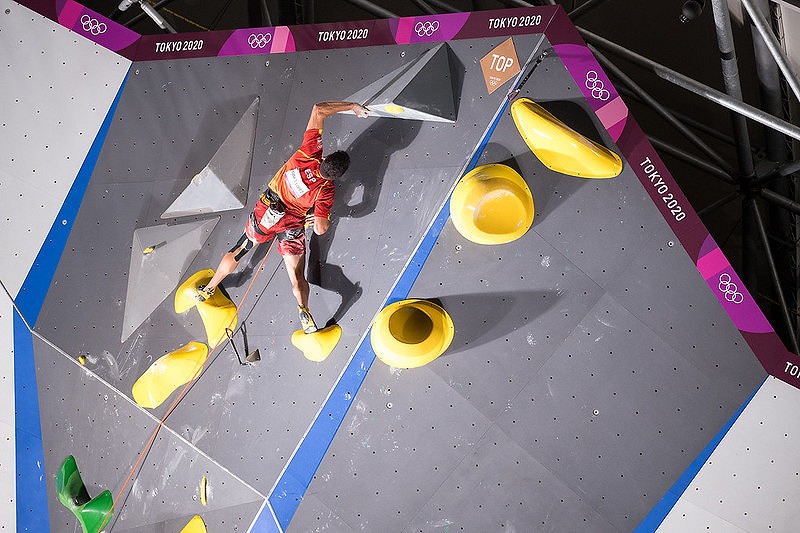
Fellow young gun Alberto Ginés-Lopéz of Spain made up for a disappointing Lead season so far in 2021 by qualifying for finals in 6th place.
Regardless of their performance, the athletes seemed to feel a mixture of relief and excitement at simply having made it to Sport Climbing's historic debut Games. Sean McColl talked about taking a moment to close his eyes and take it all in before and during climbing. "How many people have had the chance to climb one route to make it to an Olympic final?" he said.
Local favourite and serious contender for the win, Tomoa Narasaki, finished 2nd and seemed at ease. A Japanese team representative commented before the round that she was anxious that Tomoa could slip during his exceptionally fast starting sequence. Indeed, following a blistering first Speed run, he patted his chest and gave an expression of relief as he descended. His time (5.94 secs) was a PB. So confident was he of his time that he chose to sit out and rest on his second run; a clever tactic, and one which possibly hampered his opposing lane draw Ondra's time, given that racing alone makes it tougher to push fast times.
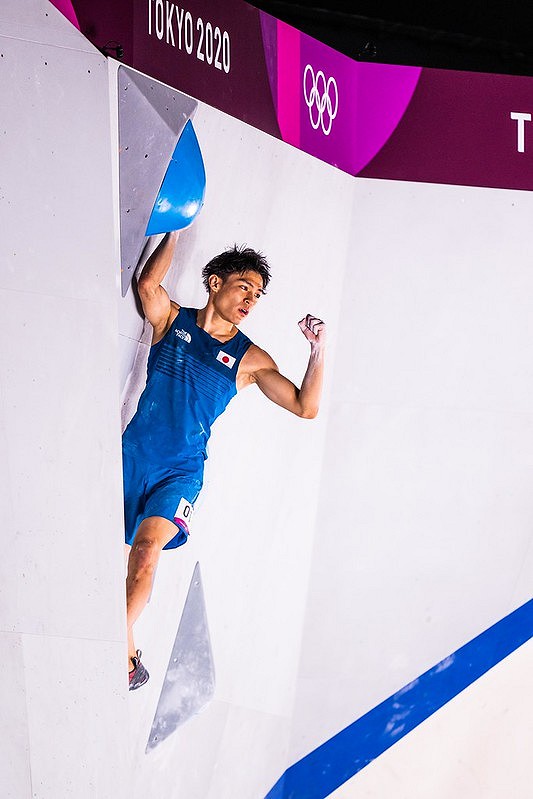
Asked if he felt pressure competing on home turf, Tomoa Narasaki responded: "Yes, I felt some pressure because I really want to increase the popularity of climbing in Japan." On the whole, athletes seemed to be thinking beyond their performances alone and pinning hopes on a successful representation of the sport for climbing's sake.
Thursday's final will be an unmissable meeting of young up-and-comers and legends of the Game. Don't miss it - I'll be bringing observations, insight and quotes from the ground here in Tokyo. Follow our live rolling tweet update pages.



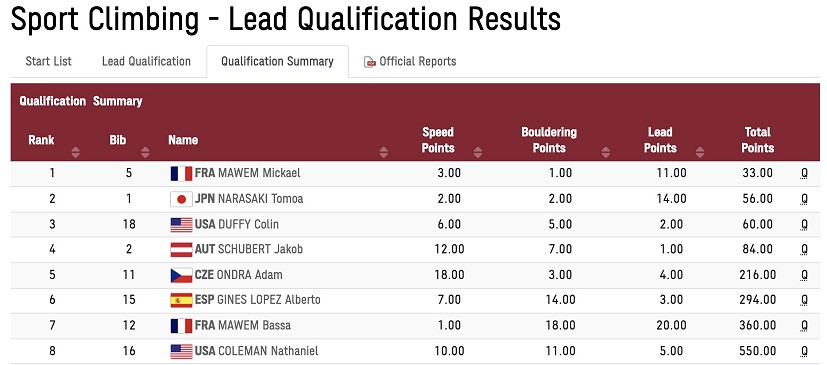


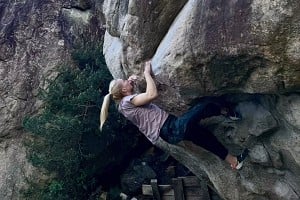
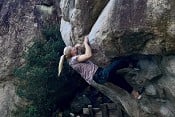





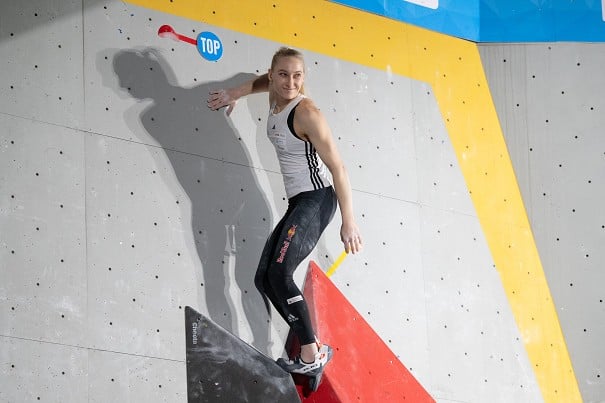
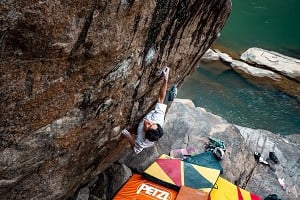
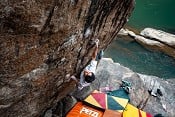

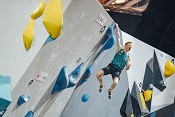
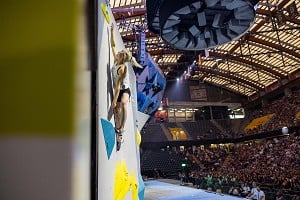
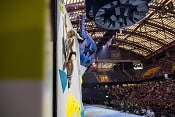
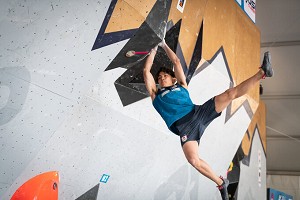

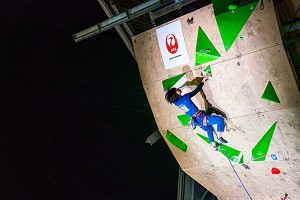
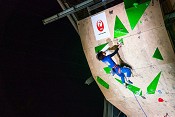
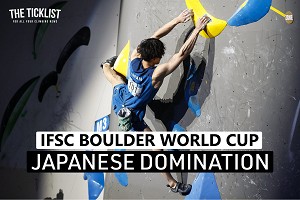
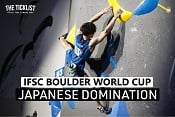
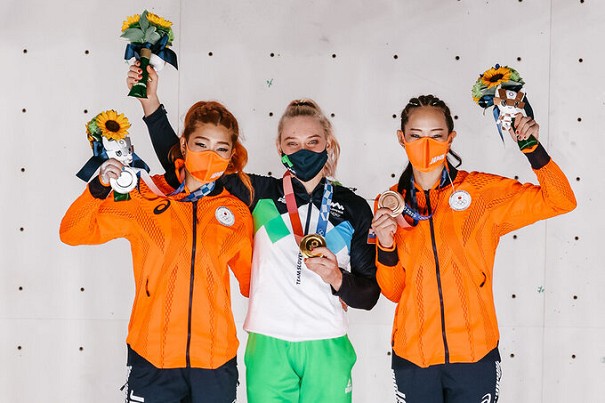
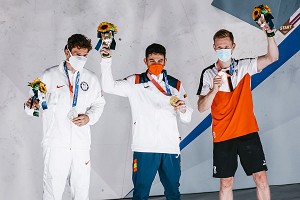
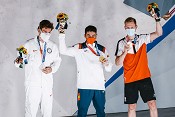
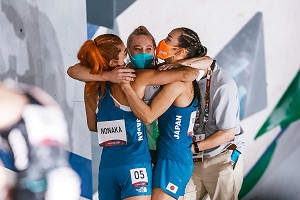

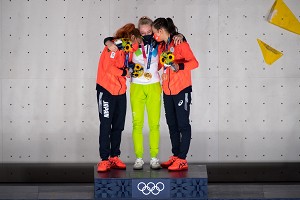
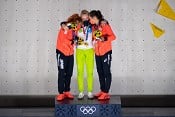
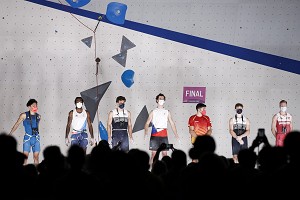
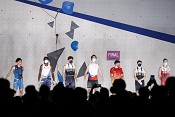
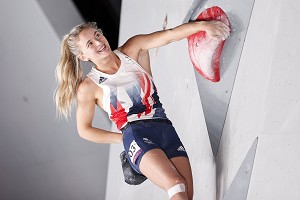
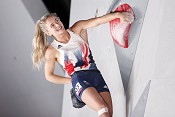
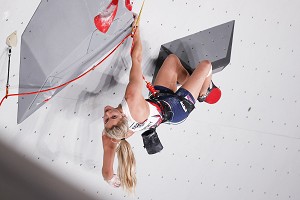
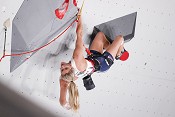
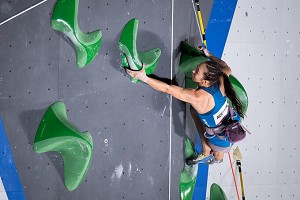
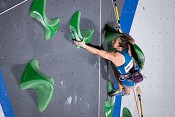
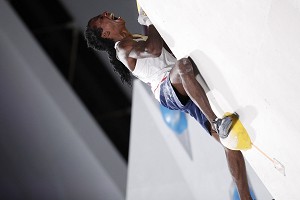
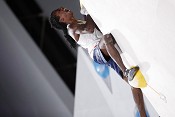
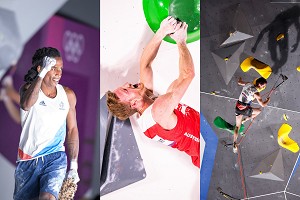
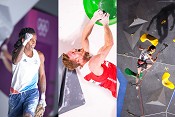
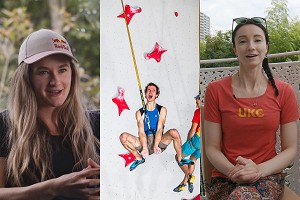
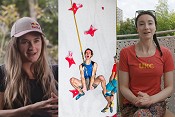
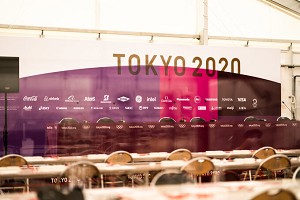
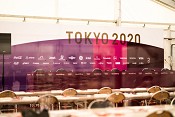
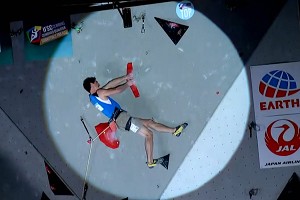
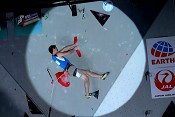
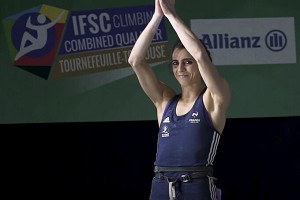

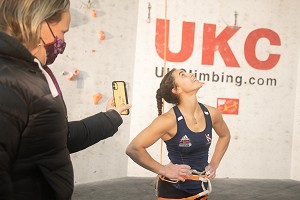
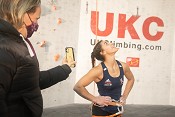

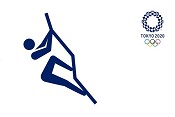
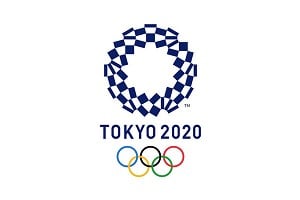
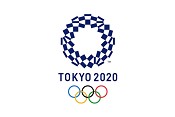
Comments
Is there a reason why points are calculated so that lower is better? Just seems odd when in pretty much every other point-based sport it's the other way round.
I think it's a reasonably difficult method of calculating points already, so keeping the system of 1st place getting 1 point, 20th gets 20 seems a bit more logical that 1st place getting 20 points and 20th getting 1 point etc, moreso in the middle places... hear shouts at the telly from climbers mum...'13th place gets how many points again?' Who's winning?!
"This could be consequential for Ondra, who will progress to semis and be guaranteed 4th."
Do you mean in the speed round? That is very lucky for Adam.
It looks to me it's because the speed climbing qualifier is used to seed the speed climbing final, and Bassa is seeded 1st, Ondra 8th, so they would be drawn against each other.
Is each speed round best of one? Or best of 3?